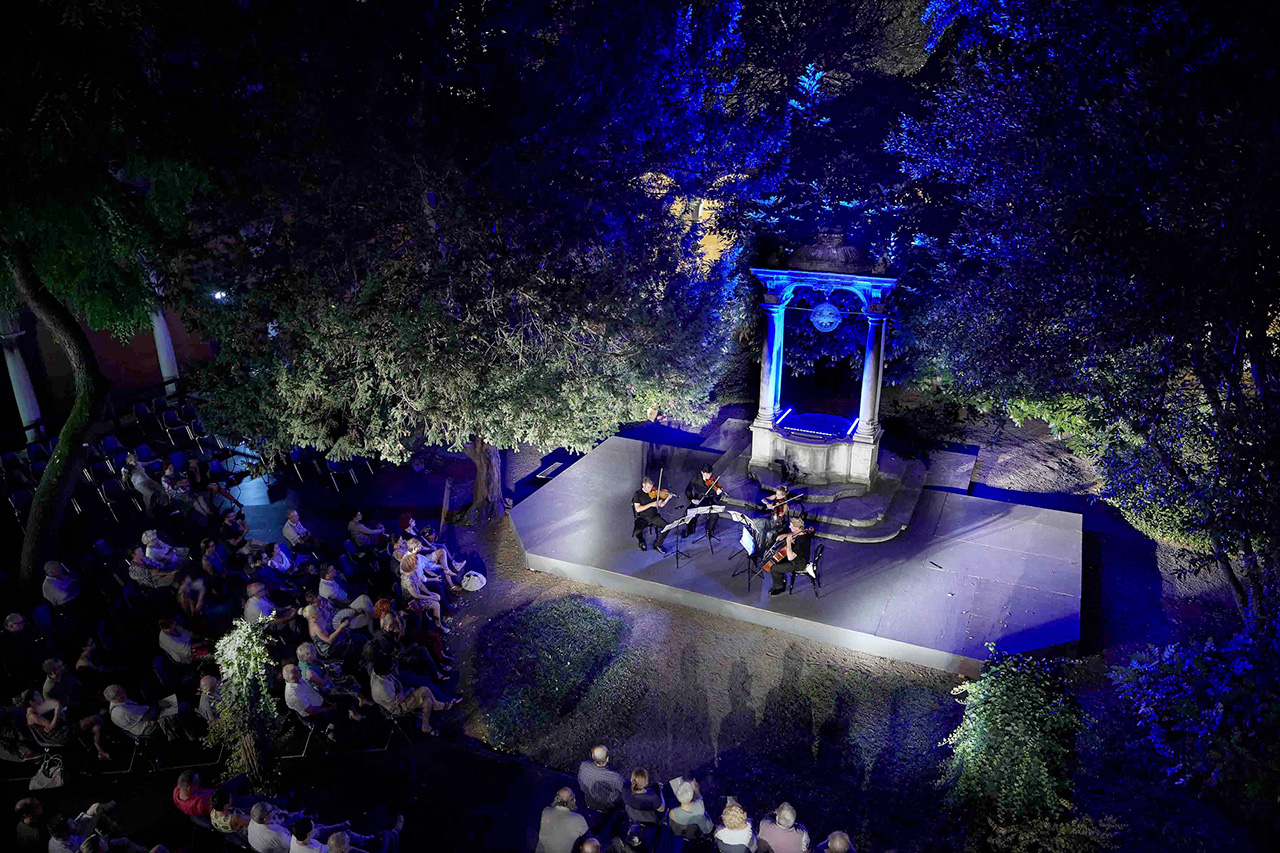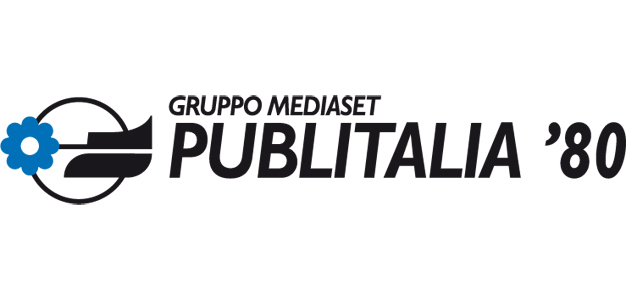Medea
by Jiří Antonín Benda
libretto Friedrich Wilhelm Gotter
free adaptation and translation by Giuseppe Di Leva
transcription for a trio with piano by Johannes Jess-Kropfitsch and Trio Hager
Trio Hager
violin Marco Mandolini
cello Elke Hager
piano Enrico Pompili
dramaturgy, direction, and performance Chiara Muti
The XVIII-century debate on music and words fed on the work of such philosophers as Rousseau and Lessing, who did not just come up with theories, but were also active playwrights. Lessing’s ideas on the possibility of a national German melodrama indeed sparked the creative imagination of Czech composer Georg Benda, whose Medea continuously alternates declamatory text with orchestral music that supports its drama. Mozart saw it in Mannheim in 1778, and was hugely impressed by its unusual vocal style: “this drama is excellent, the music is a recitative, and the speaking while the music goes on produces the most striking effect […]. I think that most operatic recitatives should be treated in this way and sung only occasionally, when words can be perfectly expressed by music.”



